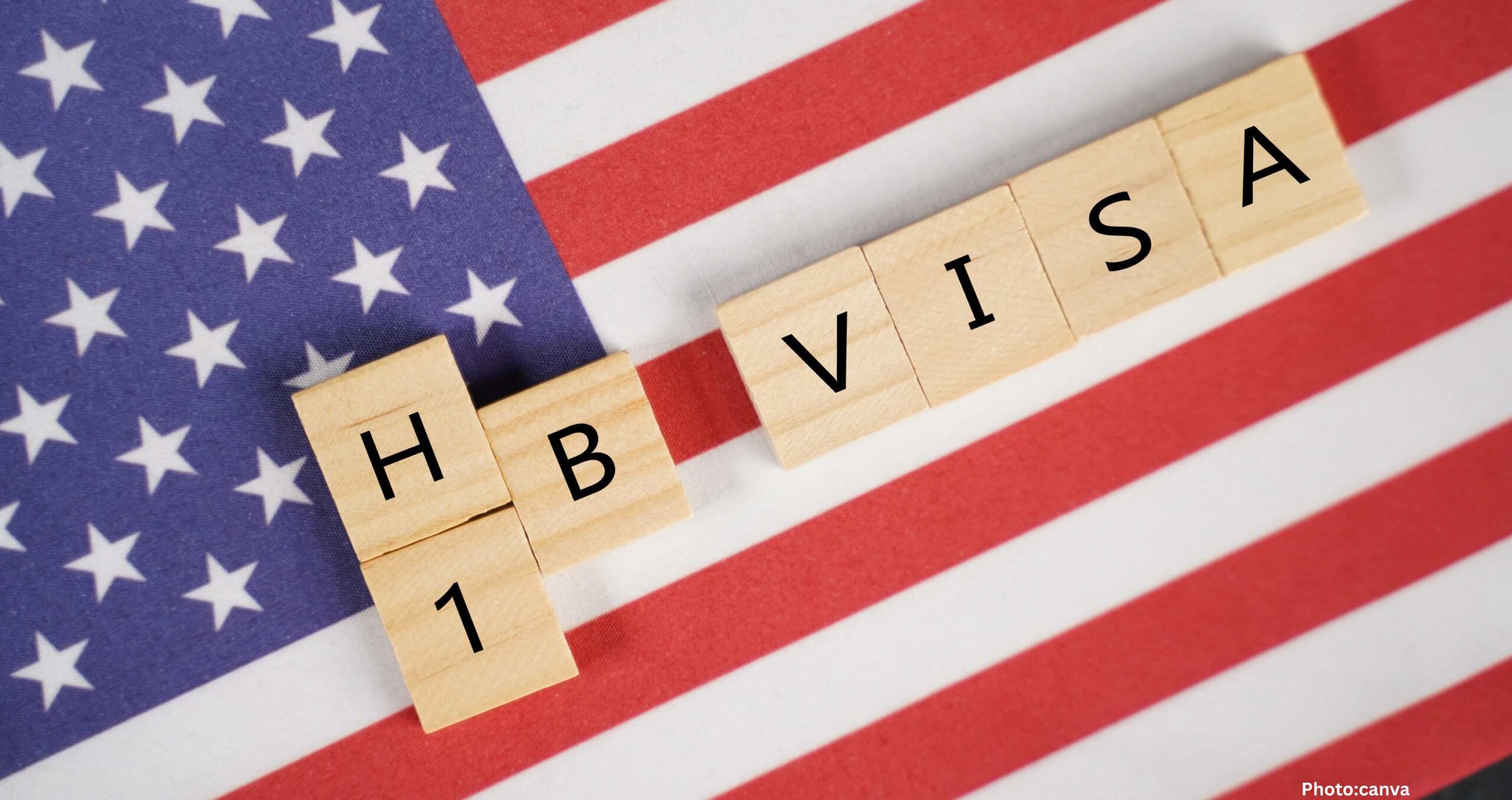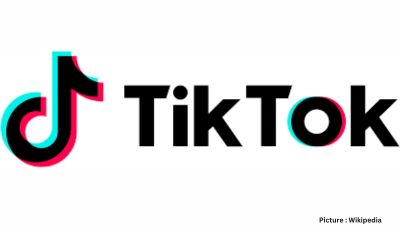The first legal challenge against President Trump’s $100,000 fee on H-1B visas has been filed, with critics arguing it could devastate key sectors and exceed presidential authority.
A coalition of unions, employers, religious organizations, and healthcare providers has initiated the first federal lawsuit against President Donald Trump’s controversial $100,000 fee on new H-1B visa petitions. The lawsuit, filed in San Francisco, asserts that the Trump administration has overstepped its constitutional authority, as only Congress has the power to impose taxes or fees.
Trump announced the unprecedented policy on September 19, claiming that the H-1B program, which allows tens of thousands of high-skilled foreign workers to enter the United States each year, had been “deliberately exploited” to replace American workers with lower-paid labor. The new fee is set to take effect just 36 hours after the announcement, prompting panic among employers who rushed to secure workers before the rules changed.
The proclamation mandates that employers pay an additional $100,000 for each new H-1B hire, in addition to existing fees that typically range from $2,000 to $5,000. Notably, this fee does not apply to current H-1B holders or to petitions filed before September 21.
The plaintiffs in the lawsuit include the United Auto Workers union, the American Association of University Professors (AAUP), healthcare providers, and various religious groups. They argue that Trump’s actions have effectively disrupted a program established by Congress, creating chaos for employers, workers, and federal agencies alike. They contend that the proclamation must be blocked to prevent widespread harm.
“Without relief, hospitals will lose medical staff, churches will lose pastors, classrooms will lose teachers, and industries across the country risk losing key innovators,” stated the Democracy Forward Foundation and Justice Action Center, which are representing the plaintiffs in a joint press release.
The H-1B visa program, introduced by Congress in 1992, permits U.S. employers to hire temporary foreign workers in specialized fields such as technology, medicine, engineering, and education. Each year, the program issues 65,000 visas, with an additional 20,000 reserved for applicants holding advanced degrees. Due to high demand, visas are typically allocated by lottery.
This lawsuit highlights the extensive impact of the H-1B program beyond the technology sector. According to the plaintiffs, approximately one-third of H-1B visa holders are employed as nurses, physicians, teachers, scholars, and clergy. Hospitals and universities have expressed concerns that the new fee could severely hinder their staffing capabilities, while religious organizations fear it may impede their ability to recruit clergy.
“The $100,000 fee will discourage the best and brightest minds from bringing life-saving research to the U.S.,” remarked Todd Wolfson, president of the AAUP, in comments reported by the Associated Press.
Business leaders have echoed these sentiments. Amazon, which received over 10,000 H-1B visas this year, is among the largest beneficiaries, followed by Tata Consultancy, Microsoft, Apple, and Google. California, home to many of these companies, employs the highest number of H-1B workers in the nation. For these businesses, the new fee could translate into tens of millions of dollars in additional costs, not to mention the potential chilling effect on talent mobility.
The Trump administration defends the fee as a necessary measure to curb abuse of the H-1B program and to protect American jobs. Trump has argued that the influx of lower-wage workers has undermined the program’s integrity and poses a threat to national security by discouraging Americans from pursuing careers in science and technology.
Supporters of the fee assert that some outsourcing firms exploit the H-1B program to import workers at salaries as low as $60,000, which is significantly below the typical six-figure compensation for U.S. tech jobs.
The lawsuit raises a critical constitutional question: Can a president unilaterally impose new fees on a visa program established by Congress? The plaintiffs assert that the answer is no, emphasizing that the Constitution reserves the authority to levy taxes or fees for Congress alone.
The proclamation effectively transforms the H-1B program into one where employers must either “pay to play” or seek a “national interest” exemption, which would be granted at the discretion of the Secretary of Homeland Security. This system raises concerns about selective enforcement and potential corruption, according to the lawsuit.
Skye Perryman, president and CEO of Democracy Forward, described the “exorbitant fee” as illegal and a potential invitation for corruption. “Congress created the program, and Trump cannot rewrite it overnight or impose new taxes by executive order,” she stated, as reported by the Associated Press.
The lawsuit also critiques the administration for failing to adhere to the required rulemaking process, alleging that agencies such as USCIS and the State Department implemented policies without proper notice or consideration of their impact on employers and innovation.
India is the largest beneficiary of the H-1B program, with Indian nationals accounting for 71 percent of approved visas last year, while China received 11.7 percent, according to government data. The steep new fee is expected to disproportionately affect Indian professionals, potentially straining U.S.-India relations at a time when Washington seeks to strengthen ties with New Delhi.
The plaintiffs are seeking an immediate injunction to halt the enforcement of the fee. A federal judge in San Francisco is expected to hear arguments in the coming weeks. Meanwhile, uncertainty looms as employers remain unsure whether to proceed with petitions and workers find themselves in limbo.
If the court rules against the administration, it would represent a significant rebuke of Trump’s expansive claims of executive authority over immigration. Conversely, if the order is upheld, it could permanently alter one of America’s most vital pathways for high-skilled immigration, with far-reaching implications for the economy, education, healthcare, and international diplomacy.
For now, this lawsuit marks the first but likely not the last challenge to a policy that critics argue threatens to close America’s doors to global talent while entangling employers and workers in costly and confusing regulations.
Source: Original article


